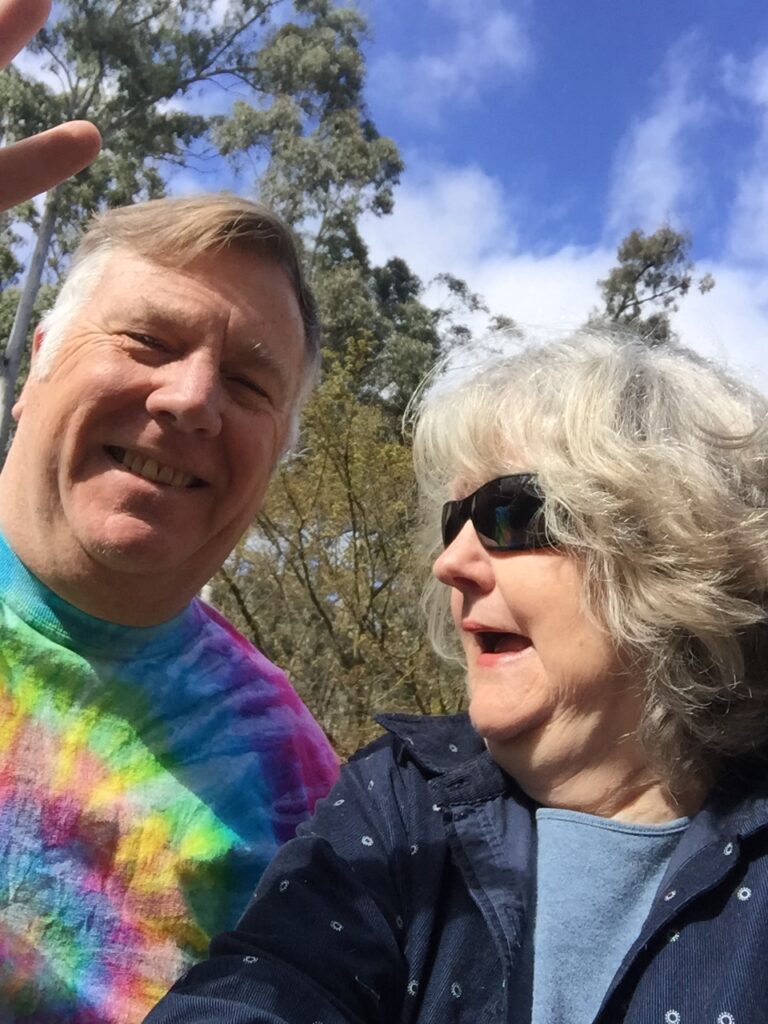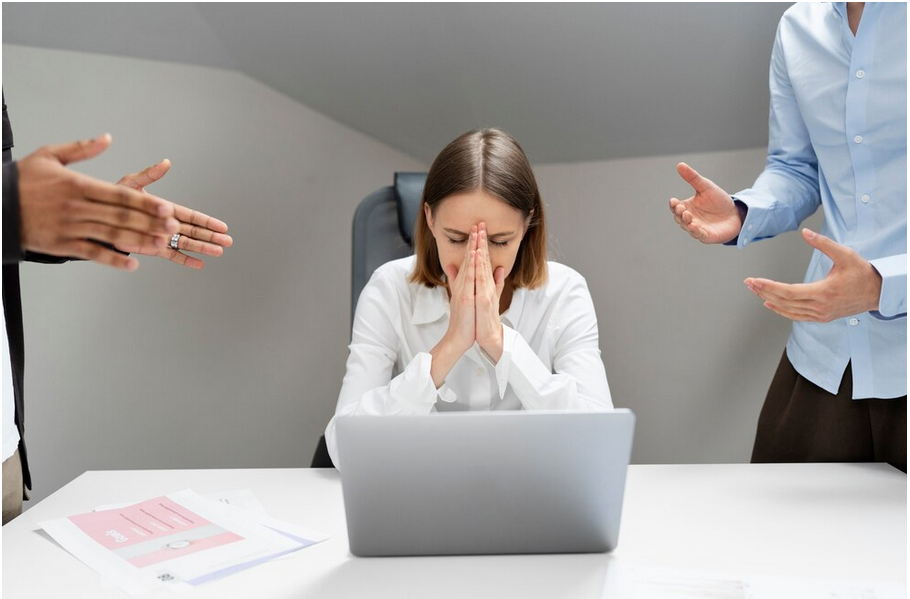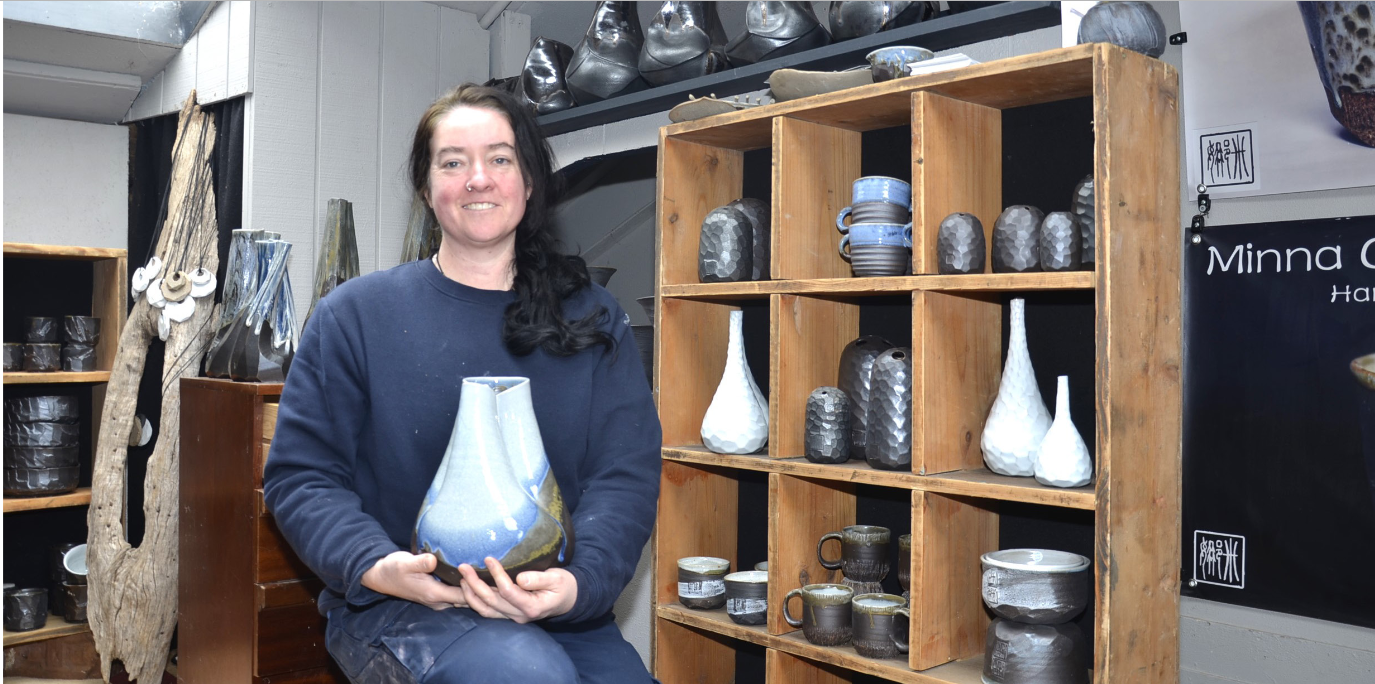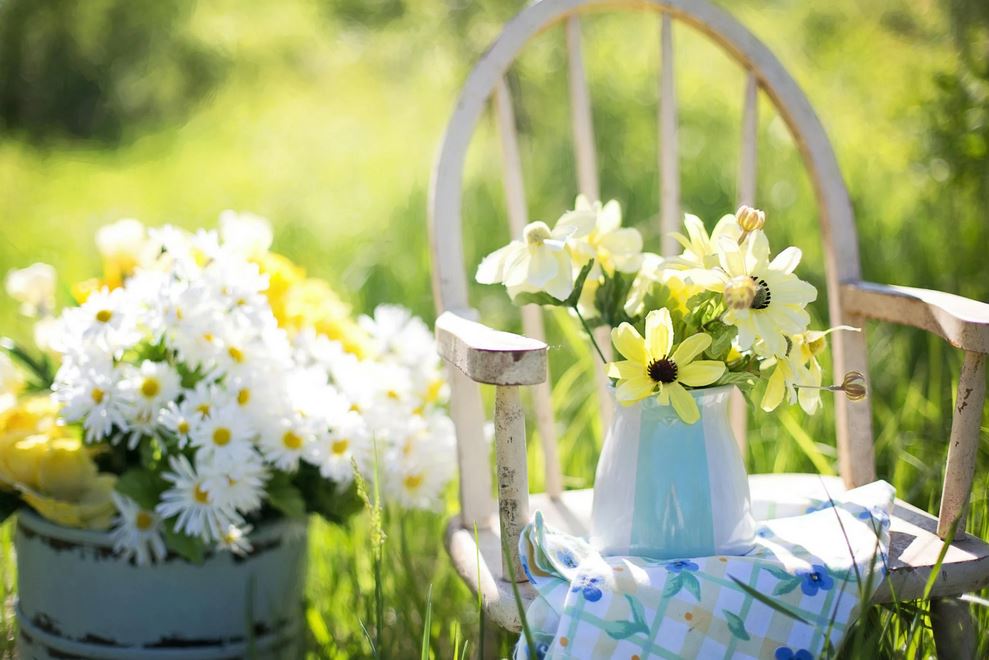February 16th, 2023Zombies on the way…but time for a cuppa

Having never met Soren Kierkegaard, a Danish philosopher who lived from 1813 to 1855, or studied his work, I must accept that he is in fact the author of the following statement, found on one of those websites that collect and categorise information, this particular one promising 690 quotes about the apocalypse:
“It happened that a fire broke out backstage in a theatre. The clown came out to inform the public. They thought it was a jest and applauded. He repeated his warning. They shouted even louder. So I
think the world will come to an end amid the general applause from all the wits who believe that it is a joke.”
Or, as Michael Stipe of REM sings: “It’s the end of the world as we know it (and I feel fine).”
It seems like scarcely a week goes by without someone mentioning the “zombie apocalypse”. Sure, it’s usually me, but it does seem to be part of everyday speech.
Now that the Walking Dead TV series has finished, one of the American streaming services has started a new show, The Last of US, in which a species of the Cordyceps fungus infects humans and turns them
into flesh-eating zombies. Yes – humanity is now being wiped out by mushrooms.
Although ravening, flesh-eating walking dead are heaps of fun, when it comes
to good end-of-the-world-as-we-know-it writing, Station Eleven, the 2014 novel by
Canadian author Emily St John Mandel is among the very best.
In the book, a variant of swine flu emerges in eastern Europe and quickly sweeps
over the entire world, killing almost every man, woman and child on the planet.
Mandel doesn’t bother with gory details such as body counts, she simply guides us
into a world in which a few people, for no apparent reason, do not die from the flu
and continue to exist.
What she does is to imagine how these survivors would respond, adapt, and live,
focusing on individuals and groups alike. She causes us to consider how we might
react, and in a broader sense not necessarily to an apocalyptic pandemic, but to
any event that has a profound effect on us, severe enough that life becomes clearly
marked.
She writes: “Jeevan was crushed by a sudden certainty that this was it, that this
illness Hua was describing was going to be the divide between a before and an after, a
line drawn through his life.”
After the horrific events of September 11, 2001, I began seeing life in that way.
As a frequent flyer, it was interesting and often maddening to watch the security
apparatuses of various countries spin into action, creating strategies and protocols on
the run. There were now security barriers and armed guards where none had been
considered necessary before.
These changes and myriad others were both subtle and obvious, thoughtful and
foolish. But they persisted and they remain with us. Think about people born after
September 11, 2001 – many are young adults now, and the world after 9/11 is the
only one they’ve known.
I asked my parents about this before-after rupture; they’re both in their 90s and I
thought perhaps the attack on Pearl Harbour in Hawaii by Imperial Japanese forces,
on December 7, 1941, bringing the US into the Second World War, might have had
such an impact on their lives.
My mother was born in 1932 – she was nine when the US entered the war. For
her, she told me, rather than there being a line drawn through her life, it changed
gradually. She helped her family grow food in a “victory garden”.
She and her friends collected old clothing, cans, paper – anything that was
useful to the war effort. Eventually there was rationing and shortages. These things
happened, life went on.
Zombies on the way…but time for a cuppa
The Australian author Nevil Shute imagined a different end of the world in his
excellent, horrible 1957 novel On the Beach. You might have seen the 1959 movie, or
the 2000 miniseries, but neither comes close to the book in conveying the awesome
pent-up dread of the impending apocalypse, as deadly radiation creeps slowly,
inexorably southwards, the result of all-out nuclear war that has killed every person
and every animal in the northern hemisphere and has already reached northern
Australia.
Shute writes: “Can you visualise it, Dwight?”
“Visualise what?”
“All those cities, all those fields and farms, with nobody, and nothing, left alive.
Just nothing there. I simply can’t take it in.”
“I can’t, either,” he said. “I don’t know that I want to try. I’d rather think of them
as they were.”
Shute imagines the world ends with dignity.
“It’s too big,” she repeated. “I can’t take it in.”
“It’s too big for me, too,” he replied. “I can’t really believe in it, just can’t get used
to the idea.”
Here’s how he finishes this part of the story:
She said softly, “Of course”.
He stirred. “Have another cup of tea?”
I suppose it’s all a matter of perspective. Some days I can face the thought of
going down fighting, with my back to the wall, hacking away at mindless zombies
with my razor-sharp hatchet (no fooling – I have one hanging on a hook by the
fireplace). Other days, I could go for a nice cuppa while I wait for the end.

After more than 30 years in Australia, Jeff and Carol Glorfeld moved back to California to take
over the family farm: 15 acres of rocks, hard scrub, and trees with no commercial value, where life
is fine. Jeff’s radio program, the Down Under Hour, in which he attempts to justify hauling a
vast number of records, tapes and CDs around the world, is on every Thursday at 8am, streaming at
kkrn.org.









